 The Comey memos, released April 19, reveal more about former FBI Director James Comey than they do about President Donald Trump.
The Comey memos, released April 19, reveal more about former FBI Director James Comey than they do about President Donald Trump.Until last week, it was unclear whether the Comey memos were, in fact, memos to the file—that is, to real, official FBI files, which are more probative and are subject to official review—or they were “memos to my bedroom drawer,” personal notes that were never made official, which are less probative (that is, they are subject to alteration and re-writing) and are essentially Comey’s personal property.
As the memos are now known to fall in the first category, Comey would presumably have signed the same contract signed by all FBI employees, prohibiting any disclosure without review and authorization by the FBI’s Prepublication Review Unit. Such unauthorized disclosures would subject Comey to civil and criminal penalties.
At first glance, it appears that Comey has committed a crime, perhaps several crimes. The markings “SECRET/ /NOFORN” (as they are called in the intel community) inform the reader that the contents have been judged secret; that they are accessible only to those who have been investigated and deemed worthy of trust; that the reader must have a “need to know” the contents; and that they are absolutely not to be disseminated to foreign officials, regardless of such foreigners’ access level. Comey’s memos were released by the Department of Justice with its redactions of text that the DOJ did not want declassified; those parts were blacked out with markers.
But when Comey himself leaked the memos, he made no redactions; he leaked them in their “SECRET” entirety. The point is that, although he chose to leak them, the memos remained classified. Classified documents that have been leaked–by Comey, Snowden, or whomever—are still classified, and are still illegal to disseminate, even if they have appeared on the front page of major newspapers. (Such is the arcane nature of the intelligence world’s legal infrastructure. Only when declassified and redacted can they legally be published.)
Comey cannot claim he was unaware of the classification. In his first email memo, dated Jan. 2, 2017, and addressed to Andrew McCabe and other members of the DO (Director’s Office, the executive staff), he states that he classified the memo at that level himself, and asks the recipients whether it should be classified at a higher level–“TOP SECRET.”
As a career U.S. attorney, Comey would necessarily have dealt with classified documents, and in all probability oversaw cases in which the defendants were being prosecuted for just such illegal disclosures as he himself had made. Comey’s disclosure was revealed in his sworn testimony to Congress last fall. (That was a good judgment call on Comey’s part, because his disclosure would inevitably have surfaced, and so it looked better coming from his own lips.)
Disingenuous from the start, in the first “SECRET” leaked memo, Comey tells the president “that the Russians allegedly had tapes involving [Trump] and prostitutes” according to “source reports.” That this reflects an anti-Trump agenda on the part of the former FBI director is essentially confirmed by his inexcusable failure to inform the chief of state that the source was a paid Democratic party operative.
Comey followed this gratuitous observation, which was wholly speculative and indicative of nothing other than his strong desire to cast Trump in as negative a light as possible, this way: “He [the president] said ‘2013’ to himself, as if trying to remember that period of time.” It is clear here that Comey is suggesting the president was trying to recall whether he had been involved with Russian prostitutes during the time frame and travel being discussed. Shame on Comey for these underhanded tactics.
In a subsequent “SECRET” memo, Comey’s discussion with then-chief of staff Reince Priebus is worthy of a good undercover agent. He chats about the risks posed by leakers, “that every president is plagued by them,” then rushes to his car to type out a memo memorializing the conversation for future unauthorized dissemination—that is, a leak.
He concludes the memo with a self-serving “he [the President] clearly noticed I had directly criticized him” when he responded to a comment by Trump to the effect that expressing respect for Putin, as head of a major country, was appropriate. Comey’s message to us: He had the courage to criticize the president of the United States. Wow, how impressive.
Last week, the Department of Justice inspector general, Michael Horowitz, filed a criminal referral against former Deputy FBI Director Andrew McCabe. Will former FBI executive Peter Strzok and counsel Lisa Page be next? The interwoven text messages between these three executives certainly are suggestive of intrigue that may have crossed the line into the criminal realm. Horowitz has shown true grit, searching for the truth, wherever it may be found. Perhaps it is time to add Mr. Comey to the referral list.
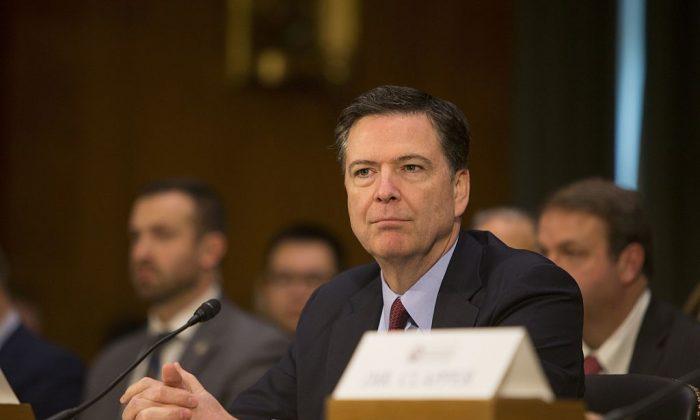

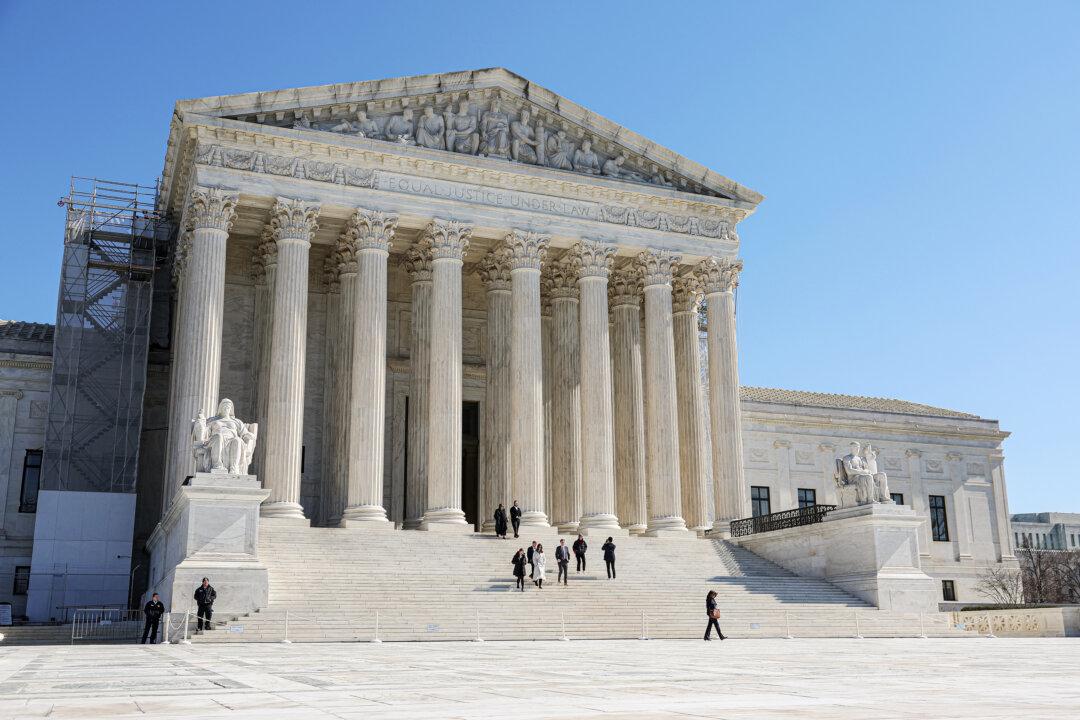
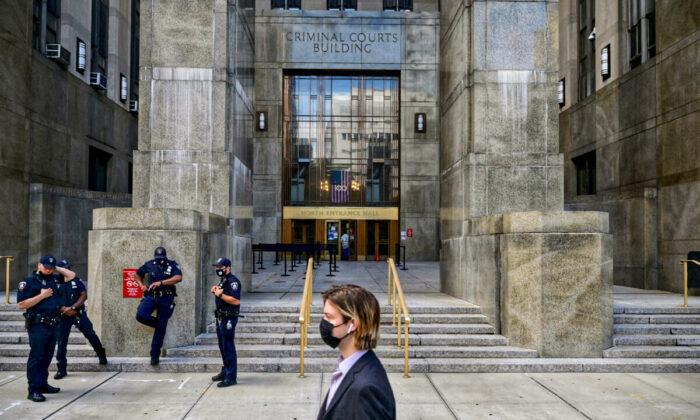
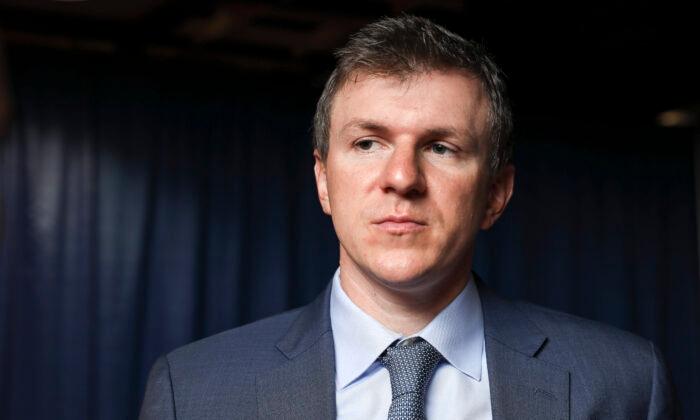
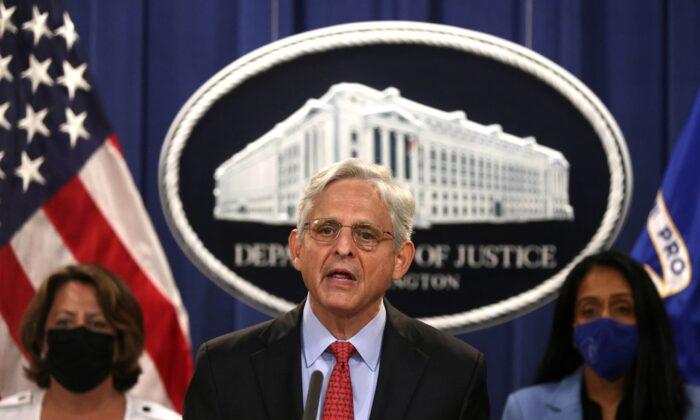
Friends Read Free